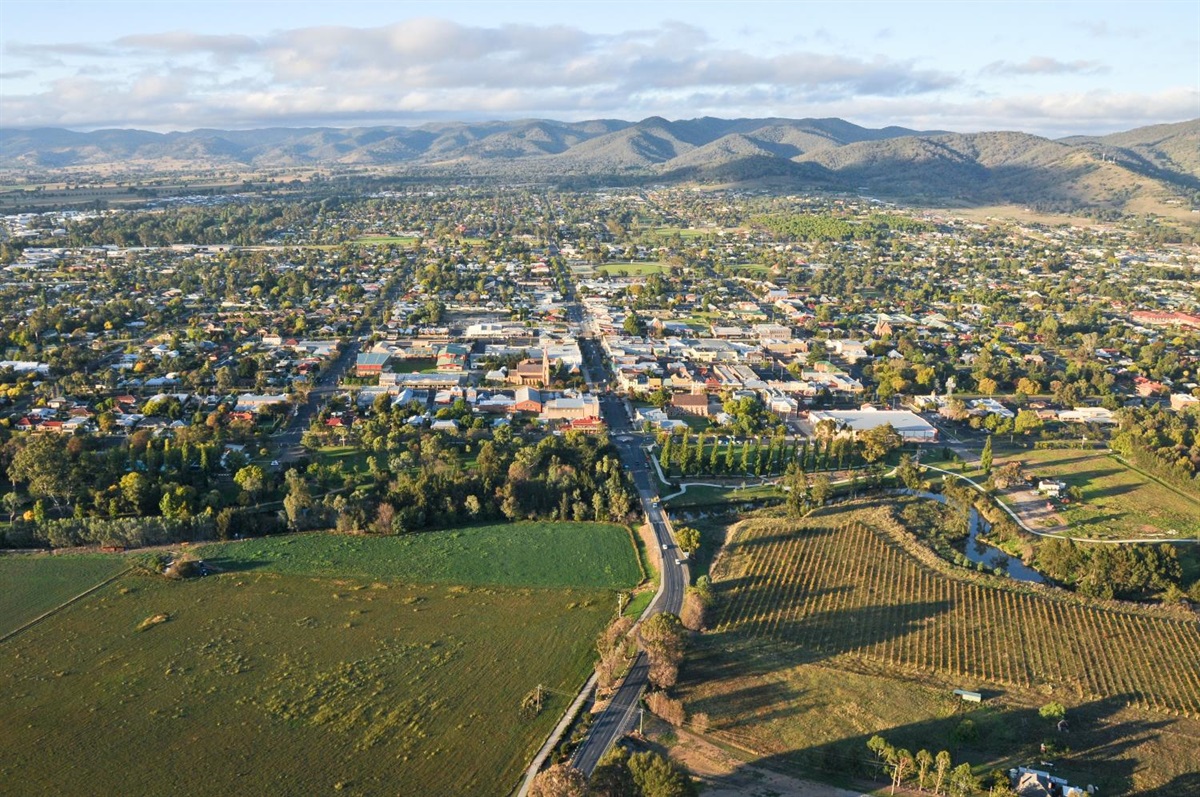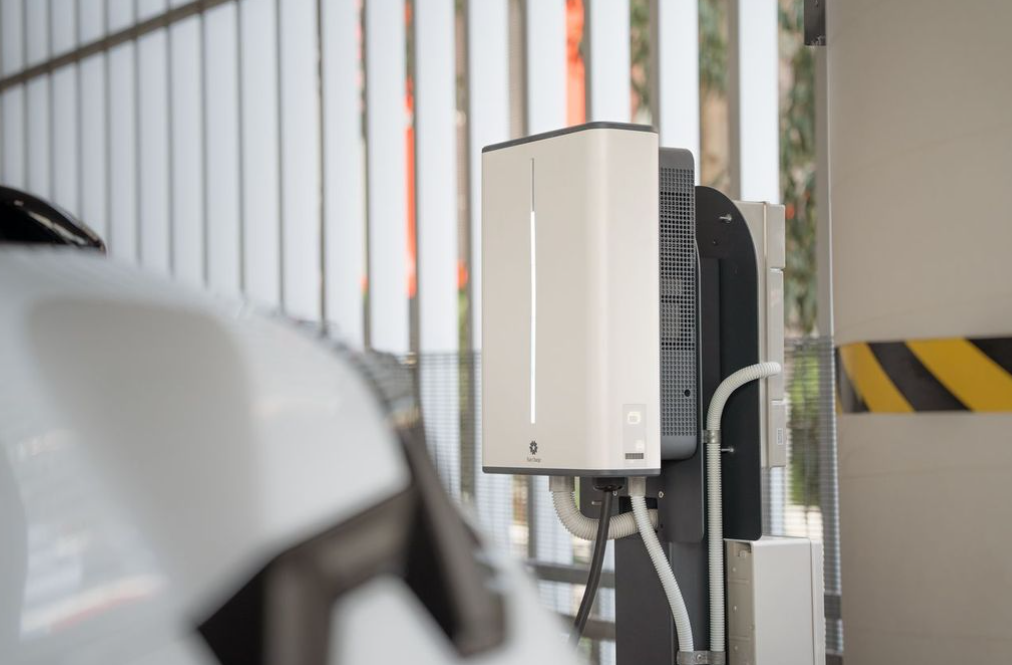The New South Wales (NSW) court has rejected renewables developer ITP Development’s application to build a 10 MW solar farm on the outskirts of Mudgee, agreeing with the Mid-Western Regional Council that the project would be an ‘alien feature’ in the existing landscape which would be “irreversibly changed” by the development.
Canberra-headquartered ITP Development had planned to establish the Burrundulla Solar Farm on a block of land located 2.4 kilometres southeast of Mudgee. The development application was in 2020 rejected by the Western Regional Planning Panel and now ITP Development’s appeal has been dismissed.
In her judgement, NSW Land and Environment Court Senior Commissioner Susan Dixon said the proposed Burrundulla Solar Farm did not comply with environmental policies, was located too close to Mudgee, and plans to mitigate the visual impact by building mounds of earth to hide the solar panels from view would have a significant adverse impact on the regional city’s scenic quality and landscape character.
“The excessive scale of the proposed solar arrays, located on a site that is within a low-lying, visually sensitive rural landscape setting adjoining the main entrance corridor to Mudgee, and inconsistencies with the relevant strategic documents, demonstrates that the development as proposed is not suitable for the site,” she said.
“The council submits that the development of this solar farm will be an alien feature in the relevant setting, and based on my observation at the site view, I agree. The development, whilst permissible, is uncharacteristic and will intrude into the landscape.”
An ITP Development spokesperson told pv magazine that despite its disappointment at the outcome, the company respects the court’s decision.
“It’s a shame to have a small number of opponents drown out support for a project, but we continue to look for other opportunities in the region,” the spokesperson said, noting that the opposition from the local council was the first time it has received pushback for a solar project.
“We engaged widely in the community in accordance with our community engagement plan and the council’s guidelines and otherwise received great support for the project, plus we were excited to contribute to the local community and believed it would have been beneficial to all involved,” the spokesperson said.
The proposed Burrundulla Solar Farm was to comprise 25,000 solar panels and would have generated enough power for approximately 4,300 homes.
“We estimate that a solar farm of this size could have provided 34% of the electricity the town requires, and this particular site has a high-quality solar resource, in relatively infertile land, falls outside future housing development plans of the town, and is close enough to the centre of town to minimise electrical connection losses,” the spokesperson said.
ITP Development said it has successfully developed more than a dozen renewable energy projects, some of which have now completed construction.
“We also have more than 30 similar town-scale projects under development in regional NSW as well as larger projects to power regional centres using renewable resources,” the company spokesperson said.
Midway through the five-year dispute, Mudgee and its surrounds were reclassified by the state government as a regional city, which created new development consent protocols. The new policy also applies to Albury, Armidale, Bathurst, Dubbo, Griffith, Goulburn, Orange, Tamworth, and Wagga Wagga.
The classification states a development cannot be granted if it renders significant conflict with existing or approved residential and commercial uses of land around it, nor can it be found to impact the regional city’s capacity for growth or scenic quality and landscape character.
Mudgee is located within the planned Central-West Orana Renewable Energy Zone (REZ) which is intended to deliver 6 GW of new renewable energy into the grid by 2038.
Updated on 30 January 2024 to show the rejected development was proposed by ITP Development not IT Power as listed in the court documents.
This content is protected by copyright and may not be reused. If you want to cooperate with us and would like to reuse some of our content, please contact: editors@pv-magazine.com.








By submitting this form you agree to pv magazine using your data for the purposes of publishing your comment.
Your personal data will only be disclosed or otherwise transmitted to third parties for the purposes of spam filtering or if this is necessary for technical maintenance of the website. Any other transfer to third parties will not take place unless this is justified on the basis of applicable data protection regulations or if pv magazine is legally obliged to do so.
You may revoke this consent at any time with effect for the future, in which case your personal data will be deleted immediately. Otherwise, your data will be deleted if pv magazine has processed your request or the purpose of data storage is fulfilled.
Further information on data privacy can be found in our Data Protection Policy.